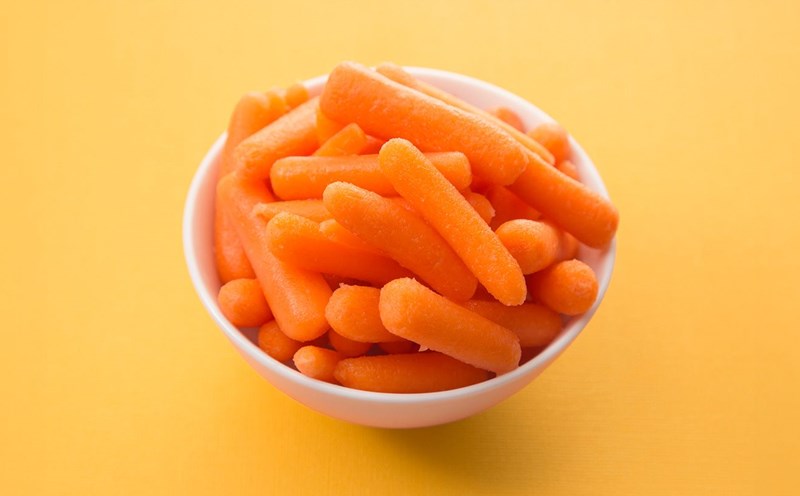Therefore, people with gout or at risk of gout are often advised to limit their intake of purine-rich foods. However, there are some ways to consume octopus that limit the increase in uric acid levels in the body.
According to the World Health Organization and nutrition experts from Harvard University, for people at high risk of gout or who already have gout, it is important to control the amount of purine in their daily diet. Octopus, like many other seafoods, contains moderate levels of purine, but eating too much or eating it regularly will increase the level of uric acid in the blood, thereby triggering acute gout attacks.
To eat octopus while limiting the increase in uric acid, gout patients can apply methods such as eating a small amount of octopus combined with a diet rich in vegetables, fiber and low in purine. According to research from the Journal of Clinical Rheumatology, a balanced diet with a combination of foods rich in fiber and low in purine can help reduce the production of uric acid in the body. Green vegetables and fruits not only provide fiber but also help alkalize the body. Thereby reducing the risk of forming urate crystals in the joints.
People with gout should avoid consuming octopus along with other purine-rich foods such as animal organs, red meat or beans that contain high purines. This helps reduce the burden of purine metabolism and prevent uric acid accumulation.
In addition, properly preparing octopus is also an important factor in reducing the risk of increased uric acid. According to the Gout Research Foundation, cooking octopus instead of eating it raw or frying it can help reduce some of the purine impact, although this method does not completely eliminate purine in food.
Experts recommend that if you want to eat octopus without increasing uric acid, you should maintain a scientific diet, combining octopus with anti-inflammatory foods such as omega-3 (found in salmon or nuts), and maintain a healthy lifestyle including drinking enough water and exercising regularly.











